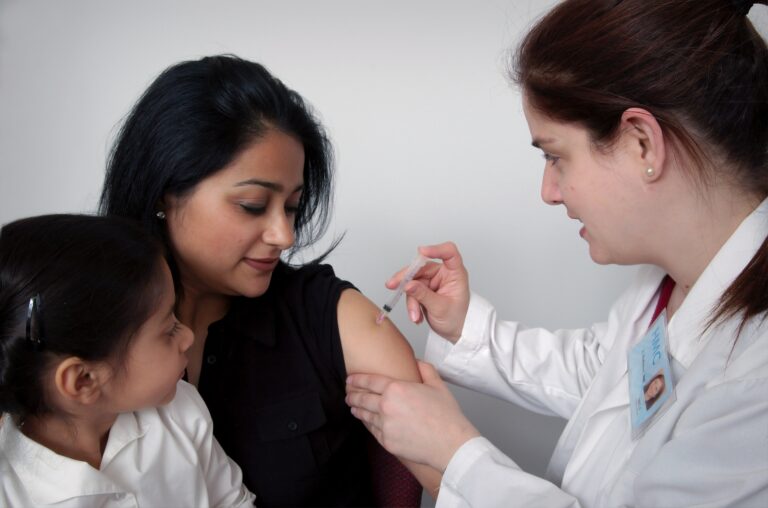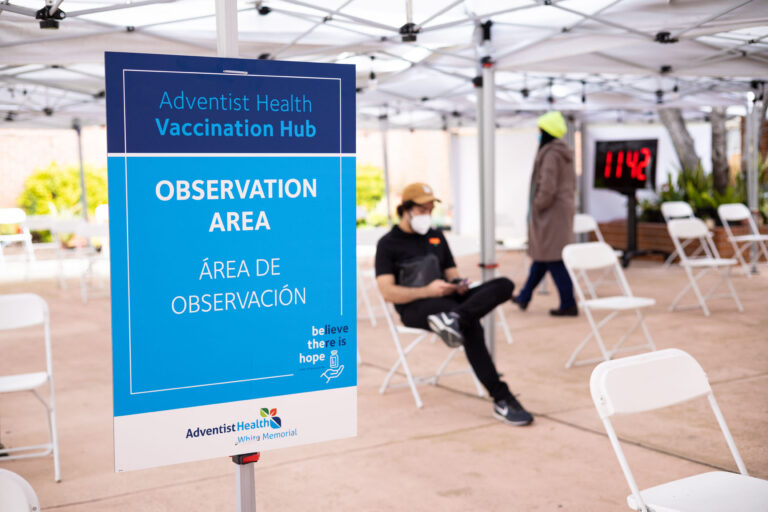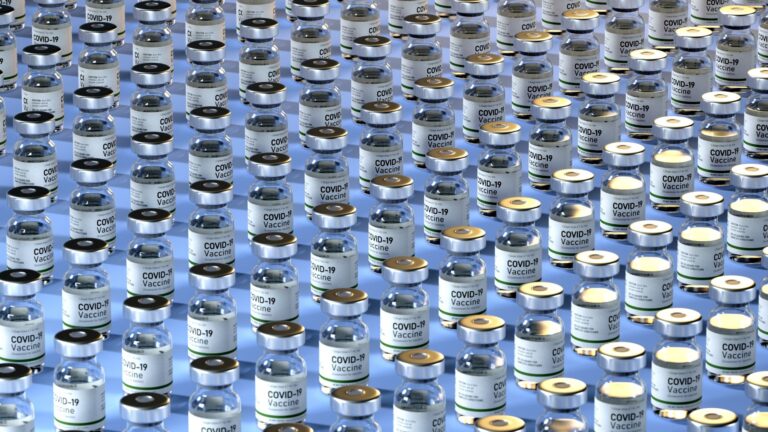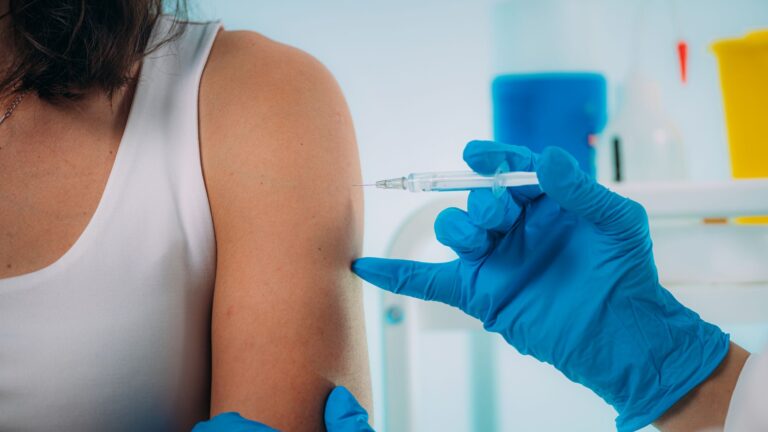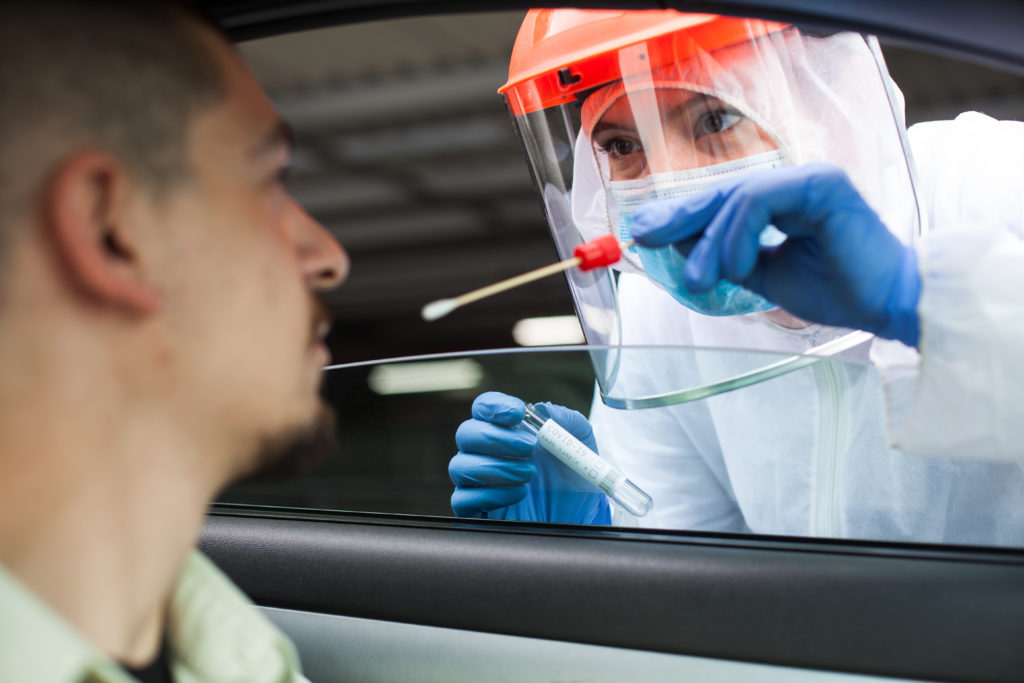
There’s a lot of confusion about where and how to get tested for coronavirus. There’s even more confusion about how much it will cost. You may have heard that testing can cost thousands of dollars. No one should have to choose between their health and feeding their family.
If you live in Boyle Heights, you can get tested for free even if you don’t have symptoms. Here’s how:
Where to Get a FREE Coronavirus Test in Boyle Heights?
A drive-through testing site is now open at the vacant lot behind Mariachi Plaza. The site is located at:
- 1724 Pennsylvania Ave. -Appointment Required (1-323-238-3324)
You can also find other testing sites (within 15 miles) at:
- Lincoln Park: 3501 Valley Blvd. (Walk-In)
- Good Samaritan Hospital: 1225 Wilshire Blvd.
- Clinica Romero-Appointment Required (213) 989-7700
- East Los Angeles College: 1301 Avenida Cesar Chavez en Monterey Park. Appointment Required (323) 265-8650
Testing is free and available to all Los Angeles County residents, according to Mayor Garcetti. So, even if you’re not showing any symptoms, you can still get tested. However, you will need to make an appointment before you can get tested.
You can schedule an appointment here (information available in English and Spanish). You will be asked whether you have symptoms and to provide some personal information:
- Email address
- First and last name
- Phone number
- Date of birth
- Gender
- Address
- Race/Ethnicity
If you do have symptoms, you should be able to get an appointment that same day or the next day.
How Does Testing Work?
Drive-through testing is quick and easy. When you arrive for your appointment, stay in your car and roll down your window. A healthcare worker at the testing site will come to your vehicle and explain how to use the test, which you will perform yourself.
The county created a helpful instructional video (English and Spanish), so you know exactly what to expect and what to do when getting tested.
A few things you should know:
- Don’t eat, drink, use mouthwash, or chew gum for at least an hour before your test.
- Stay in your car. You don’t have to get out at any point during the testing process.
- You will need to have your identification and your registration number ready.
- A healthcare worker will provide you with a test kit.
- The kit has everything you need for testing and includes written instructions.
- The test only takes a few minutes, but you may have to wait in line for much longer.
- Results take 3-5 days.
- You can receive your results over the phone or through email.
- Appointments are for one person only, so you will only be given one test. If everyone in your family needs a test, you will need to make appointments for each person.
- If you don’t have a car, some testing sites will accept walk-ups.
- You can’t contact any of the testing sites directly. You can’t change your appointment. You will need to make a new appointment if something comes up and you can’t make it.
The Los Angeles County website says that you need to bring “some type of personal identification,” so you don’t necessarily need a photo ID. Your personal information and test results will be protected by federal law, so your information will never be shared with law enforcement or immigration agencies.
If you’re worried that you or a family member has coronavirus, make an appointment for the drive-through testing site in Boyle Heights and keep your loved ones safe.
You can also find more trusted local services in your community at www.boyleheighstresources.org or download the Boyle Heights Resources app.
